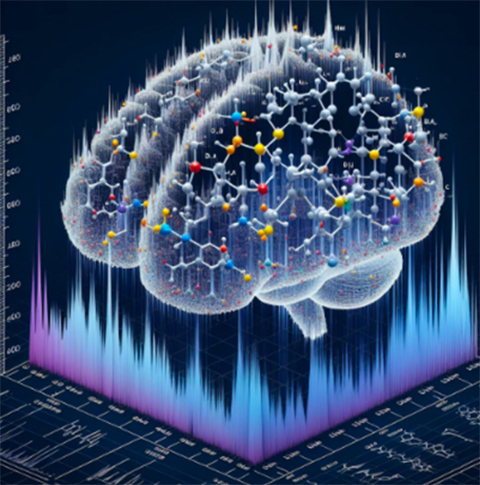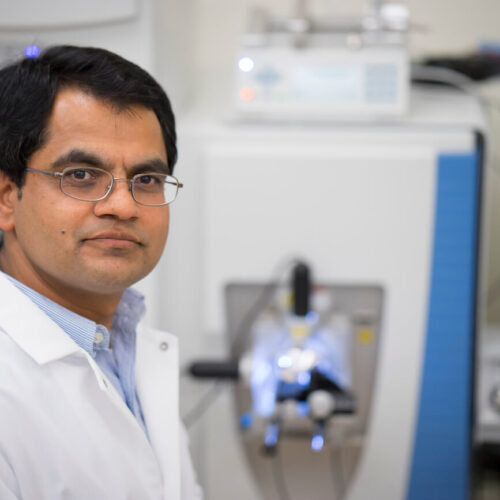
September 1, 2025 | Purdue Newswroom
Purdue-led study shows how fat disables the brain’s immune shield in Alzheimer’s disease
It was long thought that fat in the brain played no role in neurodegenerative diseases, but Purdue University researchers are challenging that assumption. The research findings, published in Immunity, show that excess fat in the brain’s resident immune cells, called microglia, impairs their ability to combat disease. This insight opens a path to lipid biology-based neuroimmune therapies that could treat diseases like Alzheimer’s by enhancing microglial function and neuronal health. This work was






